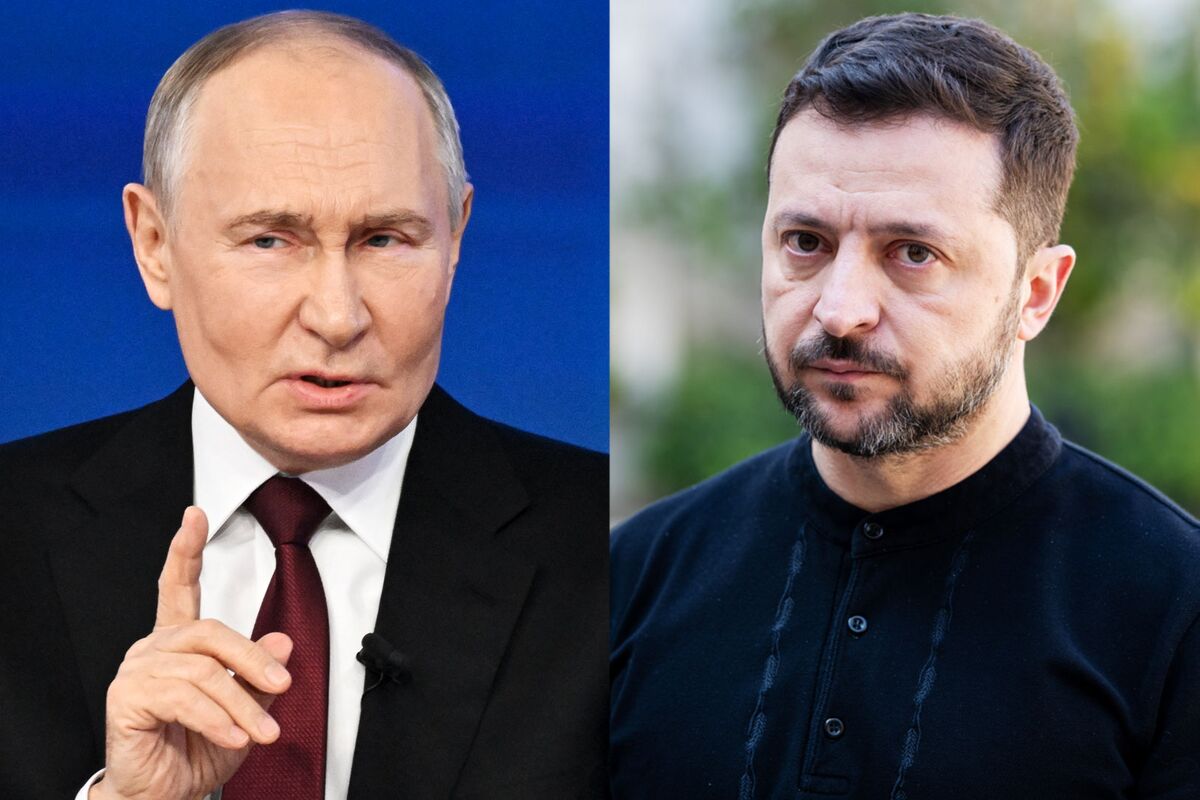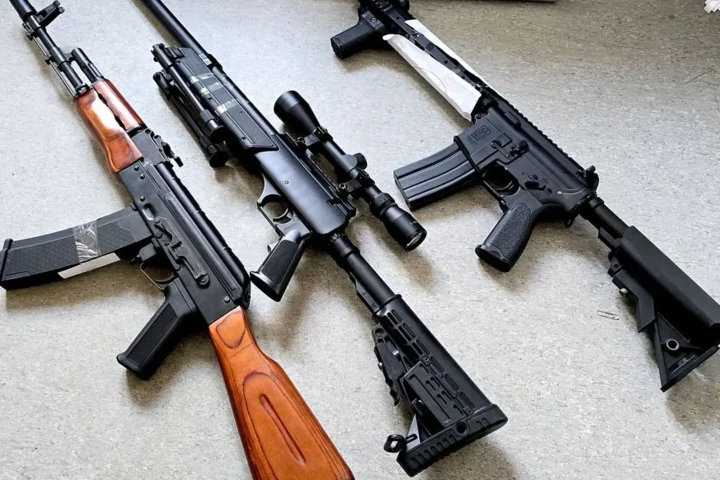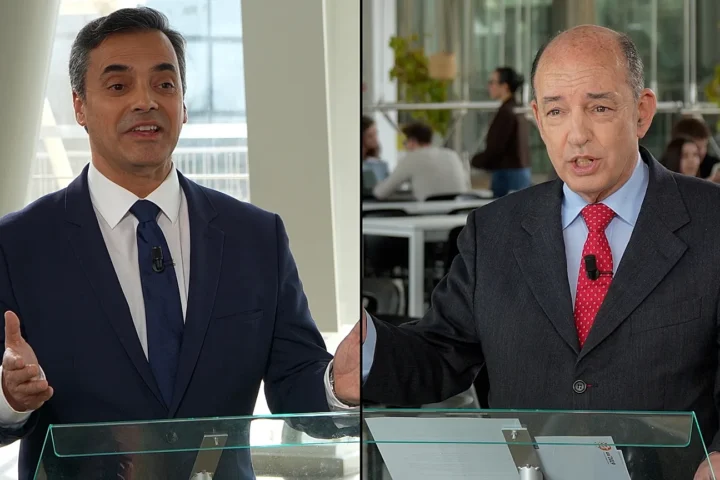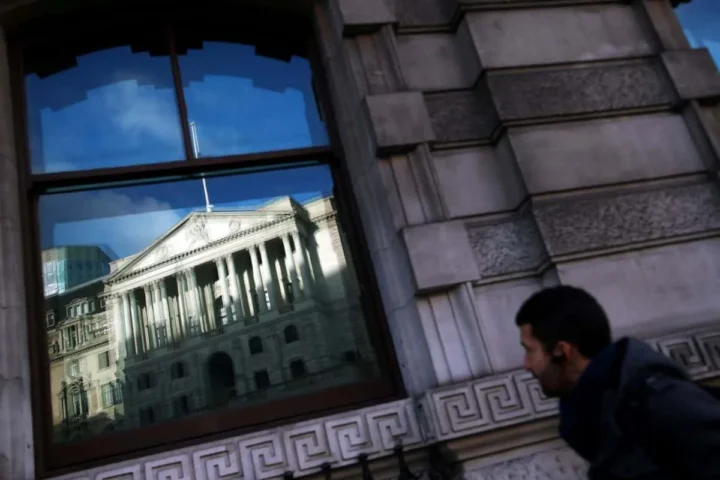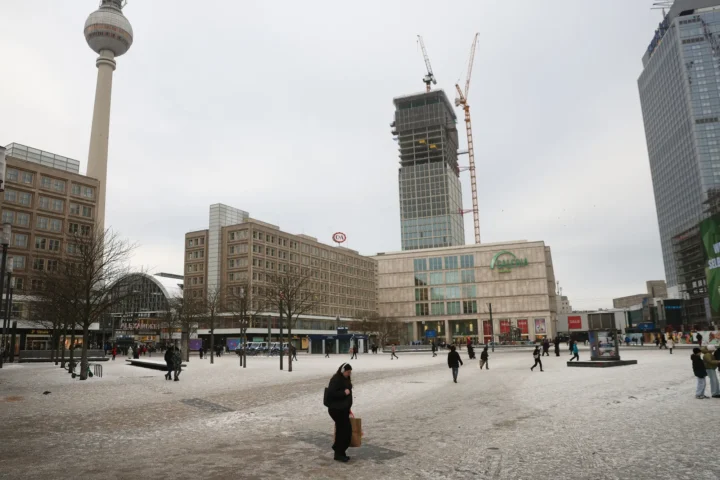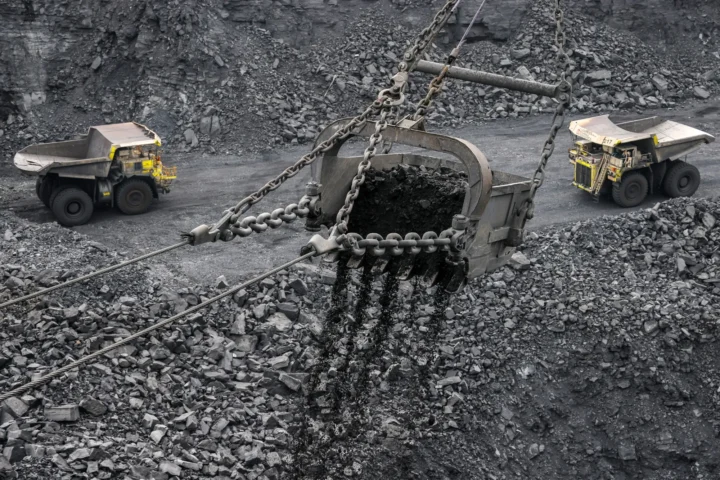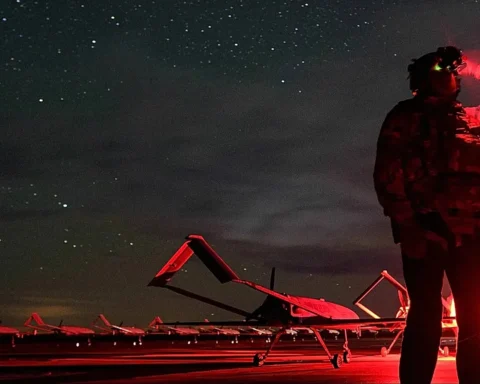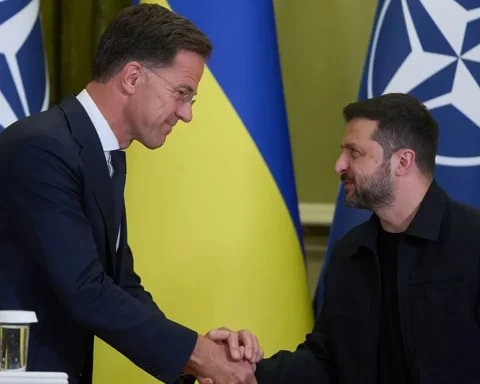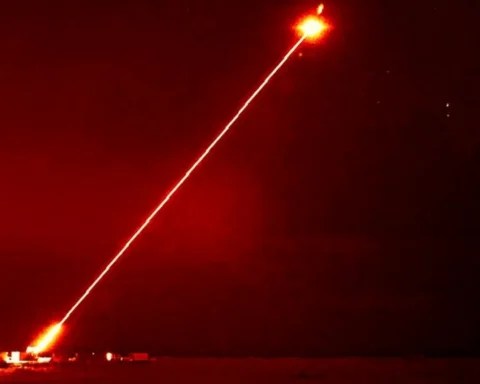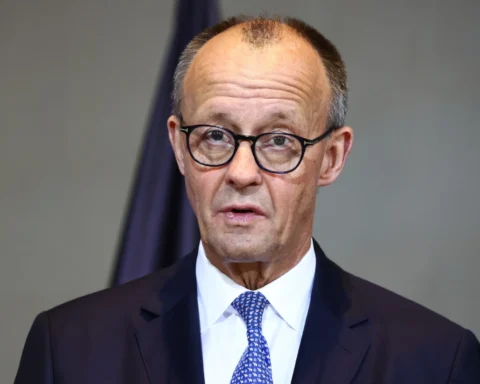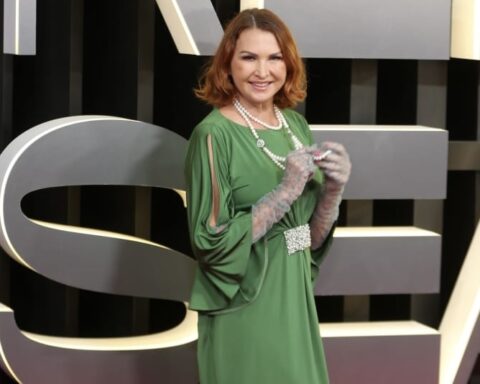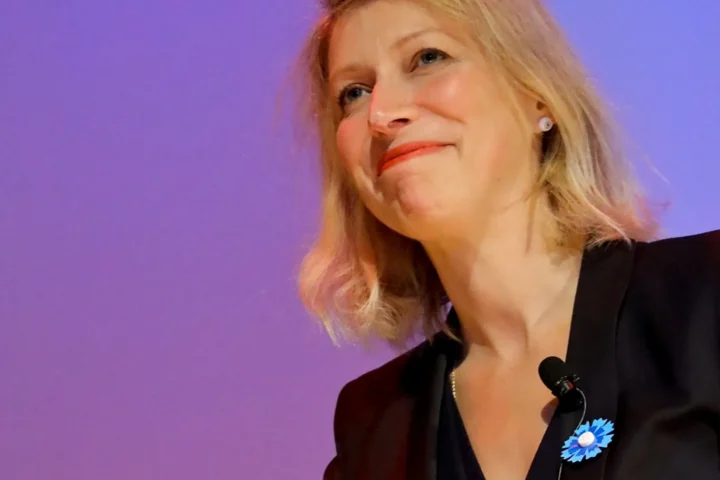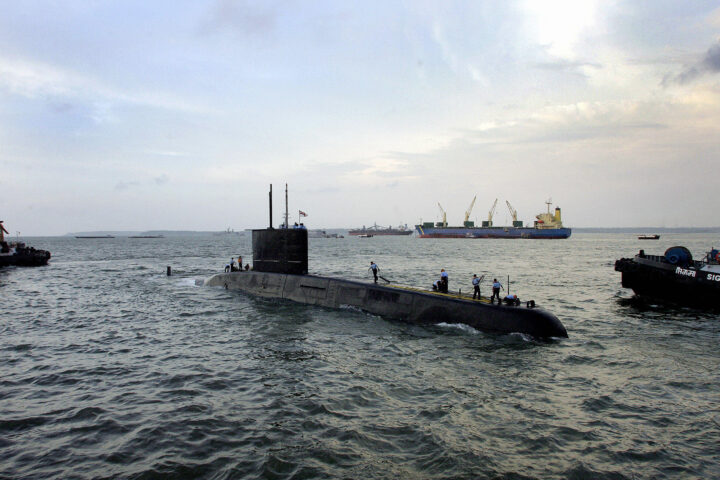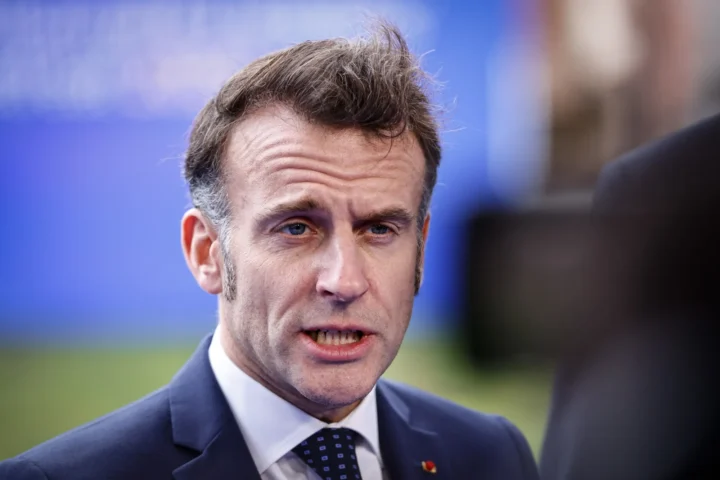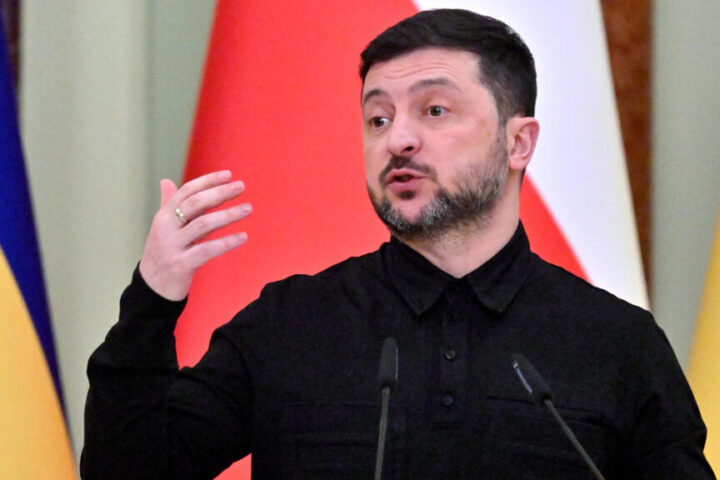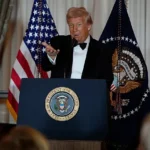U.S. President Donald Trump suggested on Monday that Russian President Vladimir Putin’s personal disdain for Ukrainian President Volodymyr Zelenskyy is one of the biggest obstacles to initiating direct peace talks aimed at ending the ongoing war in Ukraine.
Trump, who has repeatedly claimed he could broker a settlement between Moscow and Kyiv “within 24 hours” if reelected, told advisers and supporters that Putin’s unwillingness to sit down with Zelenskyy remains a key sticking point. “It’s not just geopolitics,” Trump said, according to people familiar with the discussion. “It’s that Putin really doesn’t like Zelenskyy—and that makes everything harder.”
An Uneasy Relationship
Putin and Zelenskyy have had tense relations since before Russia’s full-scale invasion in February 2022. The Ukrainian leader, once a comedian who rose to power promising to fight corruption and pursue peace, has since become the face of Ukraine’s defiance against Russian aggression. Putin, meanwhile, has frequently dismissed Zelenskyy as a Western puppet, questioning his legitimacy and portraying his government as hostile to Russian interests.
Diplomats say that the personal animosity between the two leaders has made negotiations nearly impossible. Multiple rounds of talks early in the war collapsed, and since then, both Moscow and Kyiv have entrenched their positions. Russia demands recognition of its territorial gains, while Ukraine insists on the restoration of its 1991 borders.
Trump’s Pitch: A Mediator Role
Trump has sought to position himself as the only Western leader capable of bridging this gap. On the campaign trail, he has repeatedly argued that President Joe Biden’s approach—arming Ukraine and tightening sanctions on Russia—has only prolonged the war. Instead, Trump claims his relationships with both Putin and Zelenskyy would allow him to bring them to the table.
“Putin respected me, and Zelenskyy understood me,” Trump has said in rallies. “That combination is what you need to make peace.”
Critics, however, have warned that Trump’s rhetoric often glosses over the complexity of the conflict. “This is not just a personality clash—it’s about sovereignty, international law, and Russia’s territorial ambitions,” said Fiona Hill, a former White House Russia adviser.
Kyiv’s Response
Zelenskyy’s government has dismissed the idea that Putin’s personal feelings should dictate Ukraine’s security future. Officials in Kyiv insist that peace cannot come at the expense of territorial concessions, regardless of who mediates.
“Ukraine is not negotiating under threats, and we will not compromise our independence,” Ukrainian Foreign Minister Dmytro Kuleba said in response to Trump’s remarks.
Zelenskyy himself, while open to discussing peace with Russia, has repeatedly stated that he will not meet with Putin directly until Russia withdraws its troops and recognizes Ukraine’s sovereignty.
Moscow’s Position
The Kremlin, for its part, has not publicly addressed Trump’s comments. Russian officials have long argued that any talks must reflect “new realities on the ground”—a reference to the regions Moscow claims to have annexed. Putin has also repeatedly criticized Zelenskyy personally, questioning his legitimacy as Ukraine’s leader after Kyiv suspended scheduled elections due to wartime conditions.
Global Implications
Analysts warn that framing the conflict as a clash of personalities risks oversimplifying a war that has reshaped global security, driven up energy costs, and redrawn alliances. NATO has strengthened its eastern flank, Europe has reduced its dependence on Russian gas, and countries such as China and India have played increasingly prominent roles in the geopolitical balance.
Still, Trump’s comments underscore how personal dynamics between leaders can influence the broader path to conflict resolution. “We’ve seen throughout history that personal trust—or the lack of it—can make or break peace talks,” said a European diplomat who has been involved in backchannel discussions. “But in this case, the stakes are much larger than two men’s feelings.”
Looking Ahead
As the war drags into its third year, both Russia and Ukraine face mounting human and economic costs, while the West grapples with war fatigue and shifting political priorities. Whether Trump, if returned to office, could bridge the gulf between Putin and Zelenskyy remains highly uncertain.
For now, Trump’s framing of the issue as a personal dispute adds another layer to an already complex conflict—one where mistrust, entrenched positions, and clashing worldviews continue to block the path to peace.
